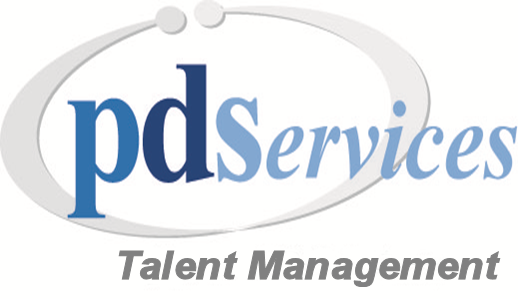Cognitive assessments are scientific measurement tools designed and validated by psychometricians. They are used with candidates and employees to help assess job fit. There are problem solving questions using words and numbers, number and shape sequences, and a variety of other question types. Results are used as objective data to understand how a person learns, adapts to change, and solves problems.
Why is Measuring Cognitive Ability Important in Business?
Research shows that cognitive reasoning ability has a very high correlation to job performance. Having the right cognitive fit for the job is key to retention, productivity, and employee engagement. Cognitive reasoning assessments tell an employer how quickly a candidate or existing employee will learn a job and how quickly they can adapt as the job or environment changes. Some jobs require employees to learn at a fast pace, process a lot of information, and solve problems quickly. Other jobs are repetitive, and once you learn them, you simply repeat the process over and over. It’s all about job fit.
If you put someone with lower cognitive reasoning ability into a job that requires processing a lot of information and/or solving complex problems, they will not fit the job and their performance will be below expectations. On the other hand, if you put a person with high cognitive skills into a repetitive job, they will be bored, disengaged, and are likely to quit. A cognitive assessment test provides objective information that you can’t get from traditional hiring methods such as applications, resumes, and interviews. The objective nature of the data also helps to overcome bias by interviewers and managers.
Examples of Cognitive Reasoning in Business
Think of a salesperson who sells a complicated technical product. First, they need to learn the technical details of the product. Second, technology is changing at a rapid pace so they are constantly learning new features and capabilities. When a salesperson talks with a prospective client, the client shares a lot of information about their situation and needs. The salesperson needs to gather that information, process and analyze it, provide a solution, and communicate back to the client in a short timeframe. A top performing sales person must have a high cognitive reasoning ability.
Other jobs requiring high cognitive skills include customer service, engineering, information technology, research, analytics, financial, medical, management, etc.
If you have a production job that is repetitive and you hire someone with high cognitive skills, you will likely be pleased initially, because the person will learn the job very quickly and become productive very fast. However, if the job doesn’t continue to engage their high cognitive ability they will become bored. We’ve seen people who begin to play games on the job, even begin to bypass safety procedures, and try new approaches just to keep their minds engaged. Ultimately, they will look for a job that is more interesting to them, forcing you to return to your recruiting process to replace them. You may have a number of jobs that are fairly repetitive. You should look for someone whose cognitive reasoning ability fits the job.
See more information on pre-employment assessment tests and employee talent assessment tests on our website.
What to look for in a Cognitive Reasoning Assessment Test
There are a number of options available. Some only measure cognitive ability while others combine cognitive, personality, and interests, to assess the total person and overall fit with the job. We advise the latter. The more information you have about a candidate or employee, the better hiring, onboarding and management decisions you will make.
Some things to look for:





